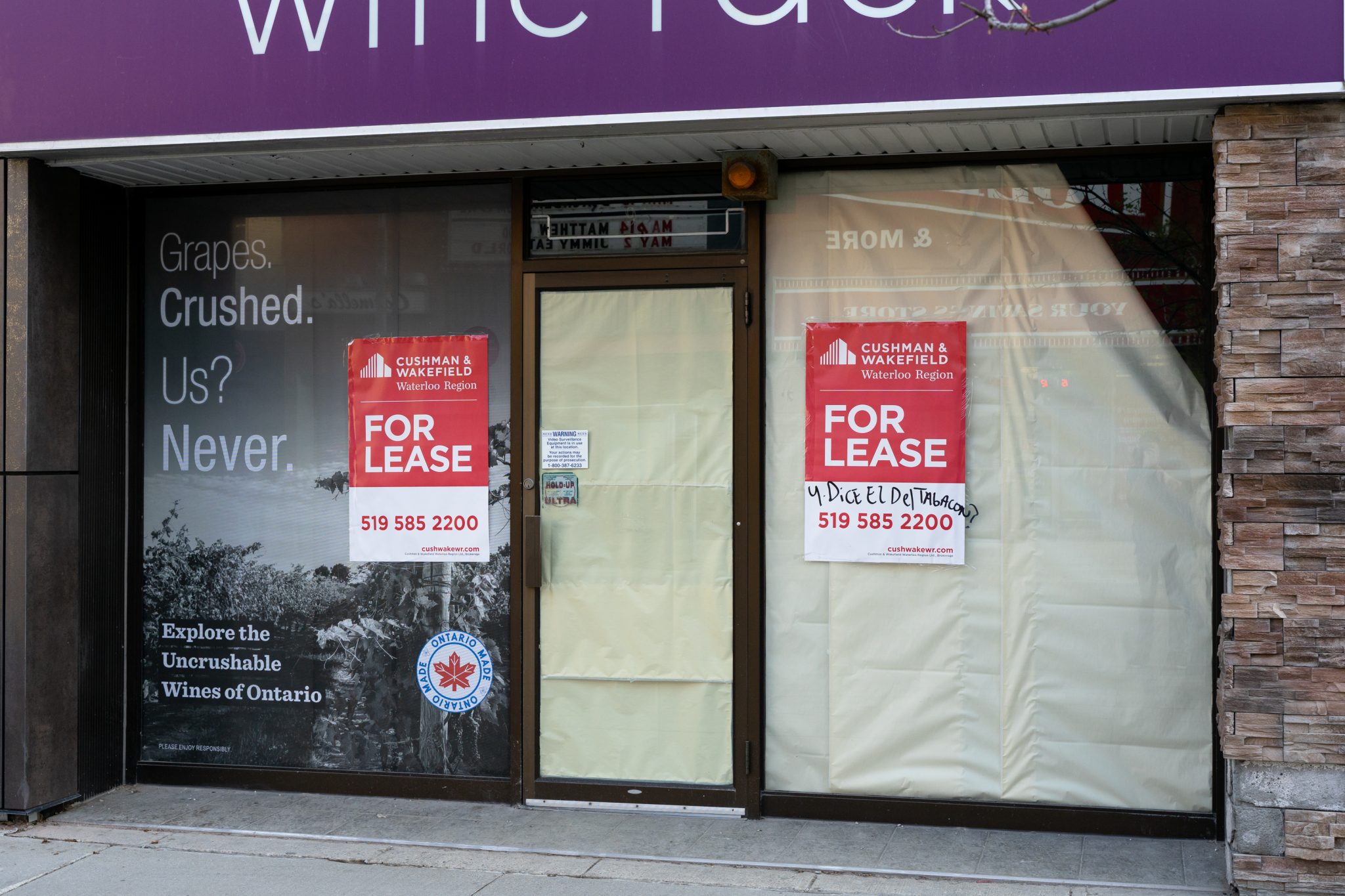Lindsay Coulter, a local photographer, is seeing major impacts of provincial restrictions to combat the spread of COVID-19. Feeling that small businesses were disproportionately targeted by the most recent shutdown, Coulter was inspired to create a petition to end the unfair forced closures of small businesses.
“There are over 440,000 small businesses in Ontario. We have the largest number of small businesses of any other Canadian province, yet we are the only province to continually implement wide spread lockdowns of these companies,” the petition, End the Lockdown of Ontario Small Business, states.
Its goal is to reach people in government to begin to support the safe re-opening of small businesses like restaurants, art businesses and personal training, to support local economies. It is calling for more equitable restrictions for Ontario small businesses to ensure everyone’s safety, while remaining open. The petition has nearly 109,000 signatures.
Although the restrictions have changed to a formal lockdown with a stay-at-home order in effect, when the petition was created, many small businesses were forced to close. All while packed malls, in-person schooling and big box stores continued to operate with minimal regulations.
A video went viral on social media of Yorkdale Mall filled with crowds of people shopping without maintaining social distancing. It struck a chord with Coulter who felt like small businesses have been treated unfairly throughout the pandemic in the name of public health, while larger malls and stores remain in business.
“I think that the logic has been lost on a lot of us there. And since then. Thankfully, the malls have been closed and … they’ve even closed down some non-essential aisles and big box stores, which at least levels the playing field a little bit for small business owners,” Coulter said.
“But there is still a question of when we’re allowed to reopen, what’s that going to look like, and will small businesses be put in a position to martyr themselves yet again?”
Although all businesses have seen changes over the pandemic, the beauty industry has been especially challenged because of the limited options for social distancing as well as mask-off related services. Therefore, much of the industry has had to pivot to retail sales in order to obtain sufficient revenue.
Ash Ashton, owner of highBROW in KW, was forced to close her business three times in the past year as it was considered non-essential. They offer aesthetic services including microblading, spray tanning, teeth whitening and facial treatments—all of which require a level of close contact with the client. With each shut down, Ashton incurred high costs due to lost revenue and instead had to depend on product sales.
“Most well everything except for the eyebrows, is something that would require … mask removal as well for at least the client not myself. So there hasn’t been a way that I can do anything but sell a few products curbside which has helped a little bit,” Ashton said.
“Even in the red zone … I still can’t perform most of the services that I offer without the removal of the mask,” she said.
Ashton said she has always operated her services to eliminate the potential of infection for both herself and her clients.
“I get trained on blood borne pathogens, I sanitize at a hospital grade level, I have always worn a mask. My [business] is super clean and safe. It blows my mind that the [businesses] that are forced to close are ones that actually have the training in something like this,” Ashton said.
The lockdown has inspired other businesses in the region to completely revisit their original business model to accommodate the harsh restrictions of the pandemic. Alnoor Keshvani, owner of LOOP in uptown Waterloo, switched to an appointment-only model, which the company had been considering before.
Keshvani explained that the pandemic allowed him to reevaluate how he wanted to approach his business. His store offers free online shopping as well as curbside and local delivery, but in-store shopping is fee based and by appointment only.
“What we did was we put different packages available ahead of time. We were just sort of moulding this idea of changing our retail environment,” Keshvani said.
“On top of that, we moved to a fee-based model and store. So yes, we move to a model where if you want to come in store and shop. You have to pay … because the service that we’re offering in store is, you know, curated,” he said.
Coulter, herself a small business owner, has seen challenging times in the pandemic but has continued to pivot her business to accommodate provincial restrictions even though the statistics continue to show small businesses are not at fault for the rate of COVID-19 transmission.
“Thankfully, with contact-tracing, we have the statistics to prove where the transmission is coming from and, in Canada, personal care services are responsible for the least amount of transmissions. Of almost any business in all of Canada, they’ve been responsible for zero deaths,” Coulter said.
“It does beg the question: why are they the ones that have been the most heavily locked down? We’ve all tried to pivot as best as we can, but I can only do so many Zoom call photo shoots with my clients before they realize that … this is not what [they] want.”
The uncertainty of lockdown restrictions and the drastic effects on revenue are affecting both businesses and their owners. The petition is calling for equal treatment for small business owners that are more immediately affected by the measures.




Leave a Reply